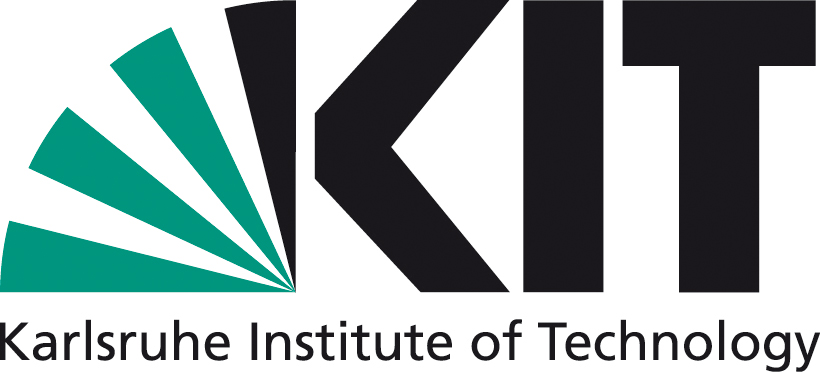Call for Special topic guest editors
TATuP – Journal for Technology Assessment in Theory and Practice is looking for guest editors for future TATuP Special topics!
TATuP is committed to editorial independence, and strives in all cases to prevent this principle from being compromised through conflicts of interest, fear, or any other corporate or political influence. Any person involved in TATuP’s editorial processes is required to respect this commitment to editorial independence. Further information about complaints and appeals during and after the editorial process can be found below in the journal's Publication Ethics and Malpractice Statement.
Editorial processes for manuscripts in the journal section "Special topic" with peer-review
Editorial processes for manuscripts in the journal section "Research" with peer-review
Editorial processes for manuscripts in the journal sections “Reflections” and “Interview” with editorial review
Complaints and appeals
Complaints and appeals against the journal, its editorial team, editorial board, scientific advisory board, "Special topic" editor(s), reviewers, publishing house, or authors are handled by the Editor in Chief as the journal’s ombudsperson. The ombudsperson shall be the first point of contact and is responsible for investigating the issue, mediating between parties and taking a final decision on the issue. In this process the ombudsperson may consult the expertise of other members of the editorial board, the scientific advisory board, the "Special topic" editors, or any other person the ombudsperson deems appropriate in order to resolve the conflict. The ombudsperson shall not be obliged to follow instructions. If the ombudsperson is accused of a conflict of interest, the editorial board shall appoint a substitute.
The editorial board, or the Editor in Chief , shall also handle conflicts of interest of authors, reviewers, the editorial team, "Special topic" editors, journal and publishing house, whether identified during the editorial process or after publication. The same process as described above will apply.
Complaints and appeals during the editorial processes
TATuP will consider appeals on decisions taken during the editorial processes listed above. The editorial team, together with the original reviewers and/or a third reviewer and/or members of the journal's editorial board, will consider any new data supplied by the author in support of their argument. The author will be notified of the outcome of their appeal along with an explanation of the decision.
Complaints and appeals after the editorial processes
Such cases include:
TATuP – Journal for Technology Assessment in Theory and Practice is looking for guest editors for future TATuP Special topics!
Whether for steering vehicles, making medical diagnoses, or supporting the courts – increasingly far-reaching decisions are in the hands of artificial intelligence. The current TATuP Special topic asks about the consequences.
TATuP-Special topic in issue 34/1 (2025): Deadline: 29 April 2024
TATuP – Journal for Technology Assessment in Theory and Practice | ISSN 2568-020X | eISSN 2567-8833
Articles in TATuP are published under the terms of the Creative Commons Attribution license CC BY 4.0.

